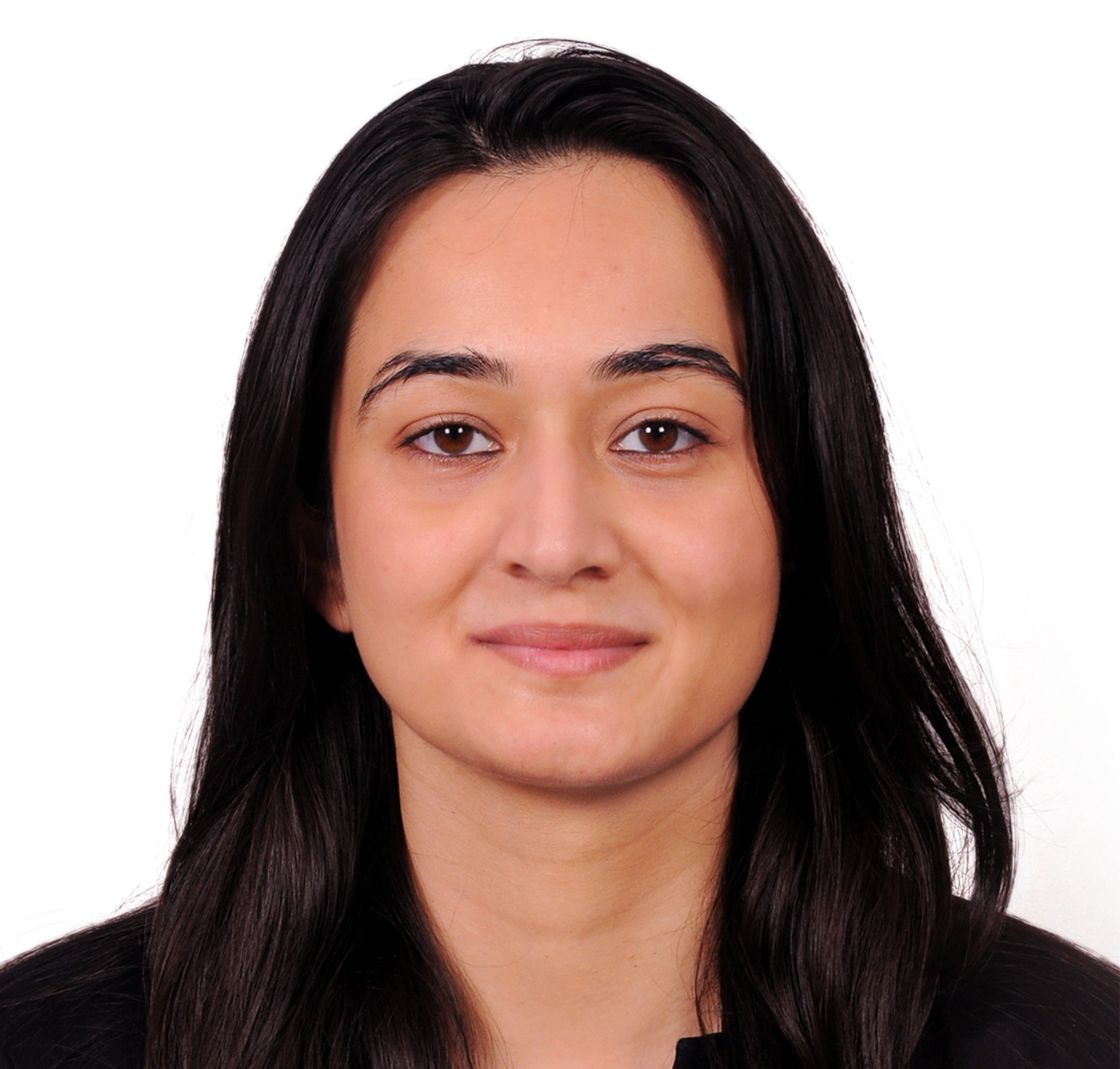Navigating the Path to Peace: Saudi Talks on Ukraine-Russia Conflict

The ongoing conflict between Ukraine and Russia has been a global concern, with efforts continuously being made to find a peaceful resolution. In a recent development, Saudi Arabia hosted a summit in Jeddah last week that brought together top officials from around 40 countries, including key players like India, the US, and China. However, Russia was not invited to the meeting. Meanwhile, as Saudi attempts to take on a more leading role in global geopolitics, India is increasingly being viewed as a potential mediator in this conflict. However, the path to peace remains far from clear, and in our view, India is unlikely to tread on it given the current circumstances.
Saudi plays peacemaker
The goal of the meeting in Jeddah this weekend was to discuss and potentially agree upon essential principles that could pave the way for a peaceful end to the conflict in Europe. Saudi brought together several stakeholders with diverse interests and perspectives on the conflict but Russia did not have a seat at the table. The discussions predominantly revolved around the Ukrainian president, Volodymyr Zelensky's proposed peace plan, aiming to find common ground and a sustainable solution. The discussions at the Saudi summit centered on various proposals and ideas aimed at achieving a lasting peace. While several peace proposals have been presented, none has yet been acceptable to both sides. Russia remains opposed to withdrawing from territories captured since Feb 2022 (here) and Saudi’s close relationship with Russia means that Saudi would not try to exclude Russia from future substantive talks.Evolving U.S. and Saudi tensions also suggests that Saudi is unlikely to be a successful 3rd party negotiator, while China and U.S. strategic tensions also rule out China from the west standpoint.
India’s non-alignment policy
Meanwhile, India, with a history of diplomacy and non-alignment in international conflicts, played a subdued role in these peace talks. National Security Adviser, Ajit Doval represented India at the summit and reiterated the country's stance of promoting dialogue and diplomacy as the means to resolve the conflict. He emphasised that India remains committed to finding a comprehensive and lasting solution to the Russia-Ukraine conflict.
What makes India's involvement noteworthy is its unique position of maintaining close relations with both Russia and Ukraine. While India shares strong ties with Russia, it has also engaged in diplomatic efforts with Ukraine. Despite these relationships, India's approach has been to emphasize the importance of upholding the principles outlined in the UN Charter and international law, which include respecting sovereignty and territorial integrity of all states. Yet, India has not openly condemned Russia or voted against in the UN assembly. In fact, India in the aftermath of the economic sanctions imposed by the West and continued criticism, has continued to import crude from Russia and continue bilateral trade. India even attempted to set up a RUB: INR trade settlement mechanism, and recently approved about 34 applications from Russian banks to open Vostro accounts.
India as Mediator
It is this very existing relationship between Russia and India that the West is hoping would make the latter a perfect mediator in this conflict. However, the challenge lies in finding a solution that satisfies all relevant stakeholders. India, in our view, would not play the role of a mediator for now for several reasons. First, there is the country’s historic policy of non-alignment. Second, there is no clear resolution available, especially since neither Russia nor Ukraine would be willing to concede any ground while negotiation. And while brokering a peace agreement between the two would be another feather in prime minister, Narendra Modi’s hat, he would be unwilling to gamble on this in the run up to the national elections. While an unsuccessful event is unlikely to hurt his prospects in the elections, the ruling party and Mr. Modi would rather avoid the dent to his popularity, which remains high both on the international and domestic front.
As a consequence, we expect India to continue to participate in such talks to demonstrate its commitment to promoting diplomatic solutions and underscore its role as a responsible global player. However, India will not play a more active role in mediating and in the resolution of the conflict until such time Mr. Modi is assured of a successful agreement on this front.